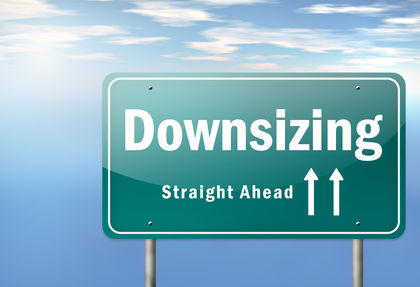
Funding retirement housing can be challenging, but since 2009, when Tax Free Savings Accounts (TFSA) were created by Canadian Minister of Finance Jim Flaherty, seniors can have one more resource to tap when it comes time to access assisted-living.
What Is A TFSA And How Does It Work
With a TSFA, individuals over 18 can contribute to the fund up to the current limit of $5,500 per year, an amount indexed to the Consumer Price index to allow for inflation. (For 2015, only, the limit was $10,000 with no account for inflation; previous limits were restored when the government was elected.)
The savings account can include cash, stocks, bonds, GICs, and mutual funds; your financial advisor can give you details about diversifying your account. The account does not replace the RRSP, the Registered Retirement Savings Plan that many Canadians have. Within RRSP, you have to pay taxes on money you withdraw and must convert the plan to an annuity known as an RRIF by age 71.
Request Your Complimentary Copy of My
“Preparing to Downsize” Report
There are no age restrictions on holding a TSFA. The program is often used in estate planning as it amounts to a tax-sheltered inheritance for beneficiaries. Having a TSFA does not impact any federal benefits or credits you might be entitled to, such as Old Age Security benefits, the Age Credit, or Guaranteed Income Supplement.
Benefits Of A TFSA
The beauty of the TSFA is that contributors can withdraw money at any time without having to pay taxes on the withdrawal. A Canadian who started contributing to the program at its inception, would’ve had $46,500 as of January 1, 2016. Spouses must have their own accounts and even contribute to a TSFA owned by their mate, which can double the amount of money available in a household. Baby Boomers in their fifties can accumulate cash reserves through this program which will offer them cash to use when they return
All this is good news for seniors who find themselves in need of going to assisted living or a nursing home, where monthly costs are high. Elderly homeowners often sell their homes to pay for their care, but having a TFSA in place ensures that when the funds from the sale of the house run out, there will still be money on hand. Funds for the Tax Free Savings Account can keep earning interest until they are needed.
TFSA offers seniors flexibility to meet whatever life circumstances occur. If, for example, one person in a marriage requires nursing home care, the other spouse can rely on what is in both accounts to pay for care, rather than immediately having to sell the family home to pay for the care.
Using TFSA As Part Of A Financial Strategy For Seniors
Even able-bodied seniors may want to sell their homes to alleviate the costs of maintenance and upkeep. You can put some of the proceeds in a TFSA and have it on hand when you need it. But financial advisors often suggest putting any money from the sale of your home that you don’t immediately need into a nonregistered account and then transferring $5,500 per person each year into a TFSA for future needs.
Looking to sell your home? Give me a call today.

Roy Thomas SRES® (Senior’s Real Estate Specialist) is a REALTOR® with Sutton Group Professional Realty. Since 1991, Roy specializes in helping retirees with their later in life real estate transactions. Call Roy at 902-497-3031 or contact Roy here







